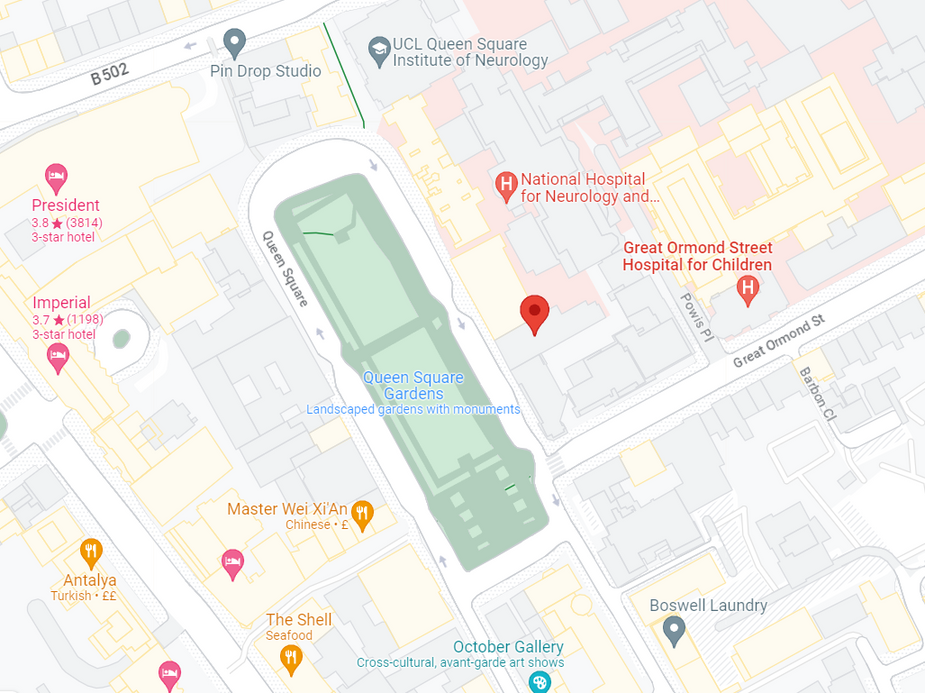Sensory, Eye movement NeuroScience & Auditory
SENSA lab
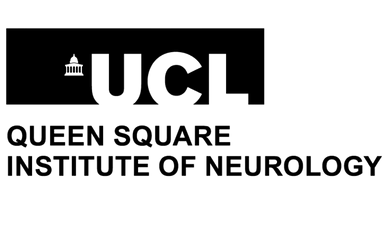
Queen Square Institute of Neurology
Department of Clinical and Movement Neurosciences
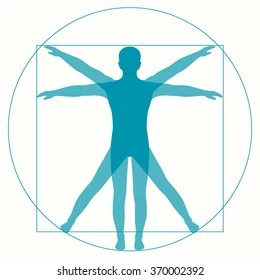
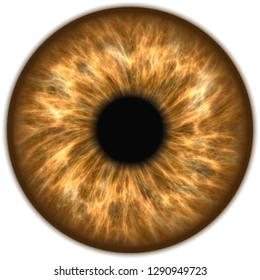


Who we are
Mission
Translate behavioural neuroscience into experimental medicine and treatments for adults with vestibular and balance disorders
Vision
To establish a research team to carry out core research activities, and provide technical and intellectual support to other researchers wishing to investigate human behaviour.
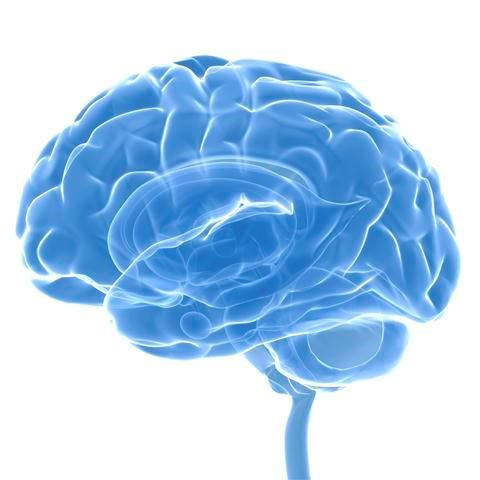
Research Summary
Understanding the mechanisms that guide human behaviour remains a fascinating challenge for neuroscience. Moreover, measuring human behaviour is critical for mechanistic and translation research across all fields of neuroscience, without which it is impossible to understand the effects of targeted interventions, or model neural networks in relation to motor control. From a clinical perspective, behaviour is at the heart of rehabilitation, to guide therapy, develop novel treatment strategies, and monitor outcome.
Our current research focus includes:
* Acute vertigo treatments
* Vestibular Migraine pathophysiology & management
* High-order control of Gait and Posture
* Cognitive Vestibular function and spatial orientation
The laboratory currently houses unique purpose-built equipment designed to measure all aspects of human behaviour:
3D motion capture - Posturography - Wireless EMG - Galvanic stimulation - Eye tracker - Transcranial Magnetic Stimulation - Visual stimuli generators - Comprehensive audio-vestibular assessment battery
Who we are
Head of Unit - Diego Kaski,
Consultant Neurologist
Diego Kaski is an international leader in Vestibular Neuroscience, with major publications in high-impact journals, including Nature Genetics, BMJ, Lancet Neurology, and Annals of Internal Medicine. He set up and heads the Eye movement Hearing and Balance Centre (EmVBC) within the Department of Clinical and Motor Neurosciences at UCL, and lead an active group of research exploring the neural mechanisms of spatial orientation and multisensory integration, with a strong translational element that aims to develop novel clinical biomarkers and therapies for vestibular disorders. As a marker of the prestige surrounding the unit, he welcomes regular International visiting fellows, and receives frequent invitations to take part in International conferences, seminars and masterclasses.
Research areas
- Vertigo
- Dizziness
- Eye Movements
- Balance disorders
- Perception
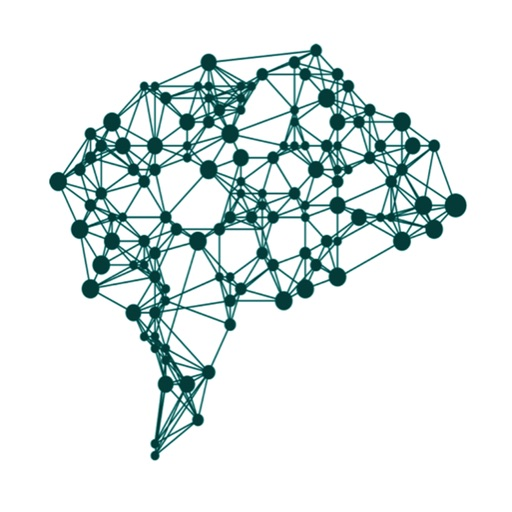
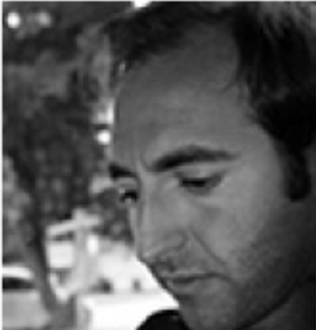

Who we are
NIHR Clinical Lecturer - Nehzat Koohi,
Audiological Scientist
Nezhat Koohi's primary research focuses on the translation of basic and clinical science into effective and reliable audiological assessment and rehabilitation in clinical practice. To date, she has gained clinical and academic expertise in diagnostic audiology and assessment of outpatient audiovestibular abnormalities, in particular auditory processing and vestibular disorders, in neurological patients such as those with Stroke, Friedreich's Ataxia and Mitochondrial Disease. Specifically, her current research aim is to develop novel skills in the assessment of acute vertigo and hearing impairment, with a particular focus on acute audiovestibular syndromes in neurological disorders, including Stroke.
Research areas
- Auditory Evoked Potentials, Auditory Neuroscience, Auditory Perception, Auditory Processing
- Sound Localization, Speech Intelligibility, Central Auditory Diseases, Spatial Processing
- Psychoacoustics
- Vertigo, Vestibular Diseases, Vestibular Function Tests
- Rehabilitation of Hearing Impaired
- hearing in stroke
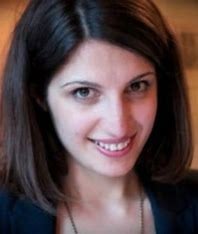
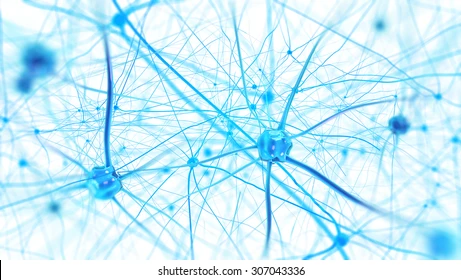
Richard Ibitoye is a neurologist with expertise in vestibular medicine. His research interests were developed through a National Institute for Health Research (NIHR) Academic Clinical Fellowship with the neuro-inflammatory group in Bristol, and subsequently a Clinical Research Fellowship and PhD in computational neuroscience applied to a sporadic small vessel disease population at Imperial College London (with the Neuro-otology unit and the Computational, Cognitive and Clinical Neuroimaging Laboratory). He is currently undertaking a post-doctoral research fellowship (Guarantors of Brain, UK) within which he is piloting studies of small vessel disease effects relevant to balance. Through this he aims to develop a career as a clinician scientist leading on translational research in small vessel disease populations.
Research areas
- Multimodal neuroimaging in vestibular patients
- Neuroimaging of balance
- Small vessel disease and balance
Who we are
Post-doctoral Research Fellow - Richard Ibitoye,
Consultant Neurologist
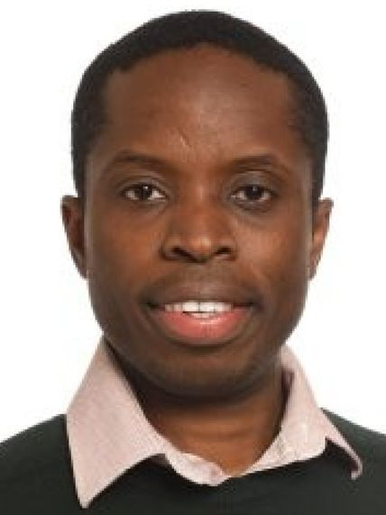
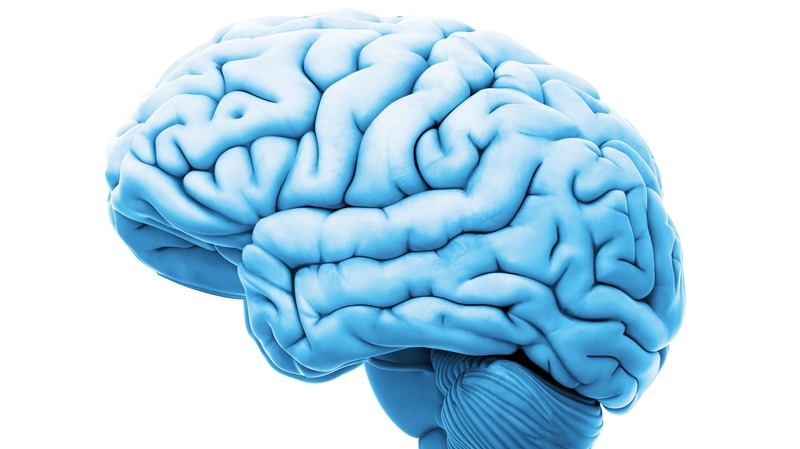
Amanda Male has worked clinically in vestibular and neurological physiotherapy services since 2002. When leading the vestibular rehabilitation service at The National Hospital for Neurology and Neurosurgery, she participated in research projects alongside internationally renowned and respected clinicians in the field of Audiovestibular medicine. Her own research career commenced with an NIHR funded Masters of Research in Clinical Practice at St George’s University of London. She then co-led a project, that identified vestibular dysfunction as a frequent problem, in the largest cohort of mitochondrial disease patients studied to date. Grant funding was obtained from The Lily Foundation, to develop and test the sensitivity and specificity of a diagnostic framework to identify vestibular dysfunction in mitochondrial disease patients. She is currently analysing and disseminating findings from this research project with her co-lead, alongside collaborating with other members of the unit on acute vertigo. Her aspiration is to remain an active researcher through pursuing a PhD, alongside her educational and clinical roles.
Research areas
- Vestibular rehabilitation
- Benign paroxysmal positional vertigo
- Dizziness and unsteadiness
- Multi-sensory neurological disease
Who we are
Master of Research - Amanda Male,
Highly Specialised Vestibular Physiotherapist
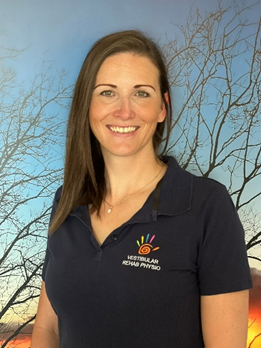
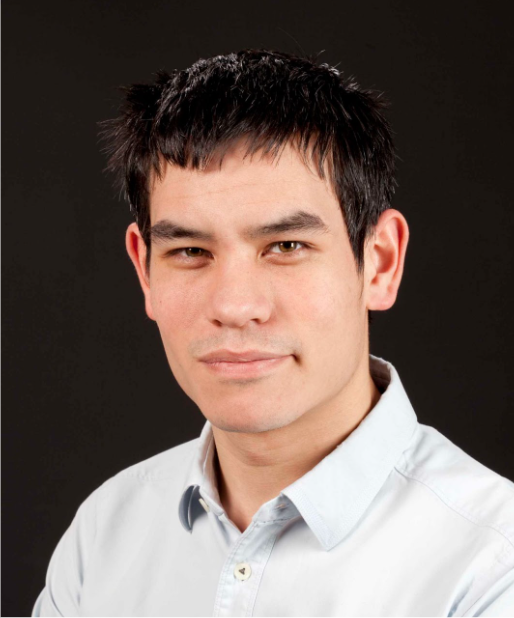
Who we are
Etherington PCA Senior Research Fellow and Alzheimer’s Society Fellow - Keir Yong, Neuropsychologist
Keir Yong is chief investigator of UCL longitudinal study of posterior cortical atrophy, Vice Chair of the International Society to Advance Alzheimer's Research and Treatment (ISTAART) Atypical AD Group and PCA Working Group Chair. He is the winner of the ISTAART Nonpharmacological Interventions early career researcher award and British Neuropsychological Society Elizabeth Warrington Prize. His research has focussed on how neurodegenerative disease undermines the interpretation of visual and spatial information - especially apparent in PCA (“‘Visual-spatial Alzheimer’s disease”). He has translated research findings to inform strategies and assistive technology supporting reading, navigation and upper limb function in individuals experiencing dementia-related visual loss. His scientific input to research platforms includes developing a novel cortical visual test for UK Biobank. He has lectured on the UCL Dementia MSc since 2017 and has developed continuing professional development materials to improve awareness, diagnosis and management of dementia-related visual loss.
Research areas
- Posterior cortical atrophy
- Alzheimer’s disease
- Neuropsychology
- Visual and sensorimotor functions
Who we are
Research Assistant - Brooke Nairn, Chartered Physiotherapist
Brooke Nairn is currently working on the AI-based TeleRehabilitation Decision Support System (TeleRehab DSS) project funded by the European Union Horizon 2021 research and innovation programme, to support effective and affordable treatment for patients at risk of falls. She began her research career through a research assistantship looking at exercise response in youth through Sheridan College, Canada, followed by studying exercise response in Parkinson's Disease, through the Parkinson's Assisted Cycle Exercise (P.A.C.E.) project with the University of Guelph, Canada. During her Bachelor of Science in Human Kinetics studies, she completed a dissertation looking at the effects of omega-3 polyunsaturated fatty acids on concussion recovery. She then proceeded to assess Irish Society of Chartered Physiotherapists' knowledge and clinical management of concussions in the post-acute phase through the University of Limerick, Ireland, during the completion of her Masters of Science in Physiotherapy. She has since supervised four students through the completion of their dissertations on mild traumatic brain injury at the University of Limerick. She is currently seeking funding to complete her PhD in the field of neuroscience at UCL, where she aims to become a clinical academic fellow in neurorehabilitation.
Research areas
- Mild traumatic brain injury
- Concussion rehabilitation
- Artificial intelligence for falls rehabilitation in balance disorders

Who we are
Academic Researcher PhD, Akila Sekar
Matthew Bancroft's research focusses on the neural control of action in health and disease, particularly related to gait and balance. He seeks to outline how and why elderly or neurologically-diseased adults, lose their balance and fall over. He uses 3D motion-capture technology, inertial measurement units (IMUs), force plates, electromyography (EMG), eye trackers and sensory stimulation (including galvanic vestibular stimulation [GVS], tendon vibration, visual occlusion spectacles [PLATO]) to quantify movement and delineate the underlying neural processes that contribute to motor behaviour.
Research areas
- Cerebellar ataxia
- Parkinson’s disease
- Persistent postural-perceptual dizziness (PPPD)
- Alzheimer’s disease
- Posterior cortical atrophy (PCA)
- Stroke
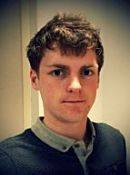
Who we are
Academic Research Fellow - Matthew Bancroft
Who we are
Academic Researcher PhD - Ariel Serada
Ariel Serada is a Neuroscience PhD candidate at UCL Queen Square Institute of Neurology. She is passionate about developing Intelligent health systems, embodied motor learning and belief updating in mixed reality. As the CEO & Founder of MindLink, she aims to assemble a digital twin of the human body to deliver next generation healthcare.
Research areas
- Persistent Postural Perceptual Dizziness
- Use of artificial intelligence in healthcare
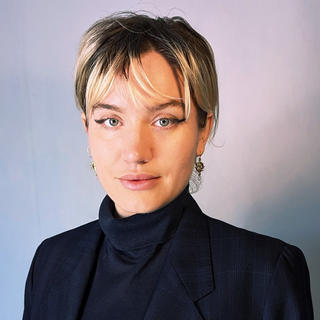
Who we are
MSc candidate, `Konsta`ntina Rova
Konstantina (Dina) Rova; Otolaryngology trained in Greece and current specialist registrar in audiovestibular medicine in the UK, is undertaking a MSc in Otology and Audiology at UCL's Ear Institute in the 2022-2023 academic year. Her research project, supervised by Diego Kaski, focuses on establishing whether motion sickness, specifically the inability to read in the passenger seat of a moving car, is a precursor for vestibular migraine.
Research areas
- vestibular migraine
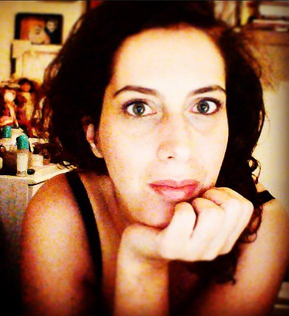
Who we are
Honorary Associate, Imperial College London -
Toby Ellmers
Toby Ellmers is a psychologist who is interested in how psychological factors influence motor control with respect to balance and gait).
He gained his PhD from Brunel University London in 2019, receiving the Vice Chancellor's Award for Outstanding Doctoral Research. This work explored how psychological influences - specifically anxiety, and associated changes in cognitive processing. He then worked as a postdoctoral researcher before joining the University of Exeter as an ESRC Postdoctoral Fellow.
In 2021, he was awarded a 4-year Wellcome Trust Fellowship to join Imperial College London, where he is exploring the psychological and attentional factors contributing to dizziness in older adults.
Research areas
- Persistent Postural Perceptual Dizziness
- Use of artificial intelligence in healthcare
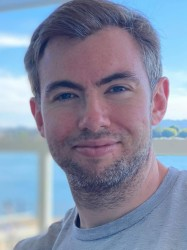
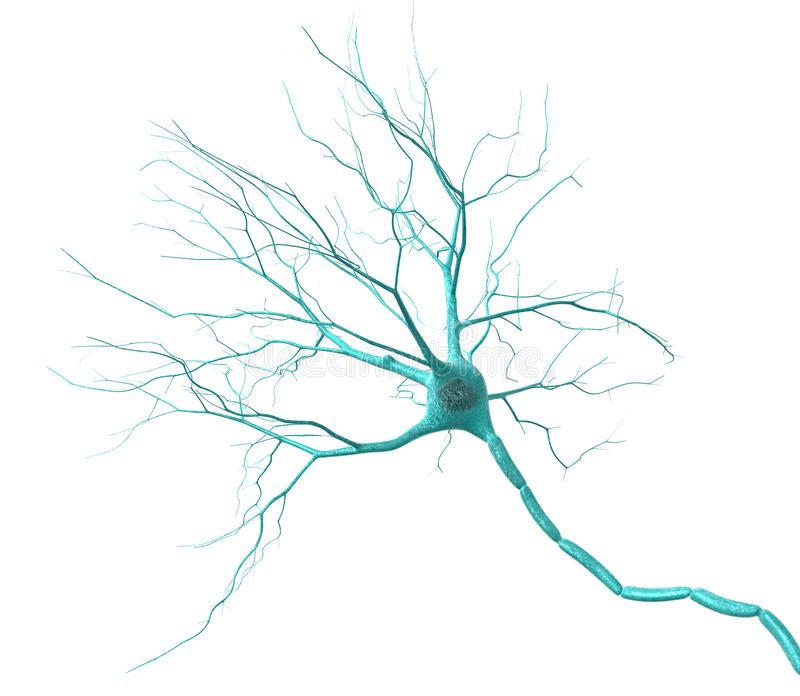
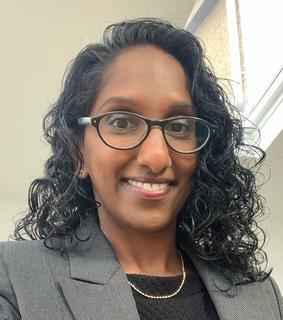
Surangi Mendis is a Consultant in Audiovestibular Medicine and Neuro-otology with experience in diagnosis and management of vestibular, hearing and tinnitus complaints in both adult and paediatric populations. She is pursuing a research interest in Meniere's disease of autoimmune aetiology.
Research areas
- autoimmune inner ear disease
- diagnosis of third mobile window disorders
Who we are
Consultant Audiovestibular Physician -
Surangi Mendis
Who we are
Clinical Lecturer - Paul Radomskij, Audiological Scientist
Paul Radomskij is primarily interested in the vestibular system (assessment and rehabilitation), electrophysiology and acoustics. He has successfully supervised a wide range of MSc and BSc dissertations with subjects ranging from auditory steady state responses to vestibular evoked myogenic potentials.
Research areas
- Vestibular rehabilitation
- Measurement of noise on underground trains and effects on cochlear function
- High frequency tympanometry
- Clinical evaluation of auditory steady state potentials
- Auditory processing disorder
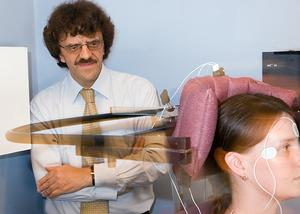
Who we are
Consultant Neuro-ophthalmologist -
Sui Hsien Wong
Sui Hsien Wong is a consultant neurologist and neuro-ophthalmologist. Her neurology training was supplemented by training sabbaticals in Australia and USA. This was followed by a Neuro-ophthalmology clinical fellowship in Moorfields Eye Hospital and an MD (research) into Ocular Myasthenia Gravis (OMG) awarded by UCL. She is on the editorial boards for the Neuro-ophthalmology and Eye journals.
Research areas
- visual snow
- Ocular Myasthenia Gravis
- Idiopathic Intracranial Hypertension
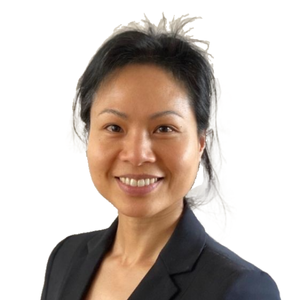
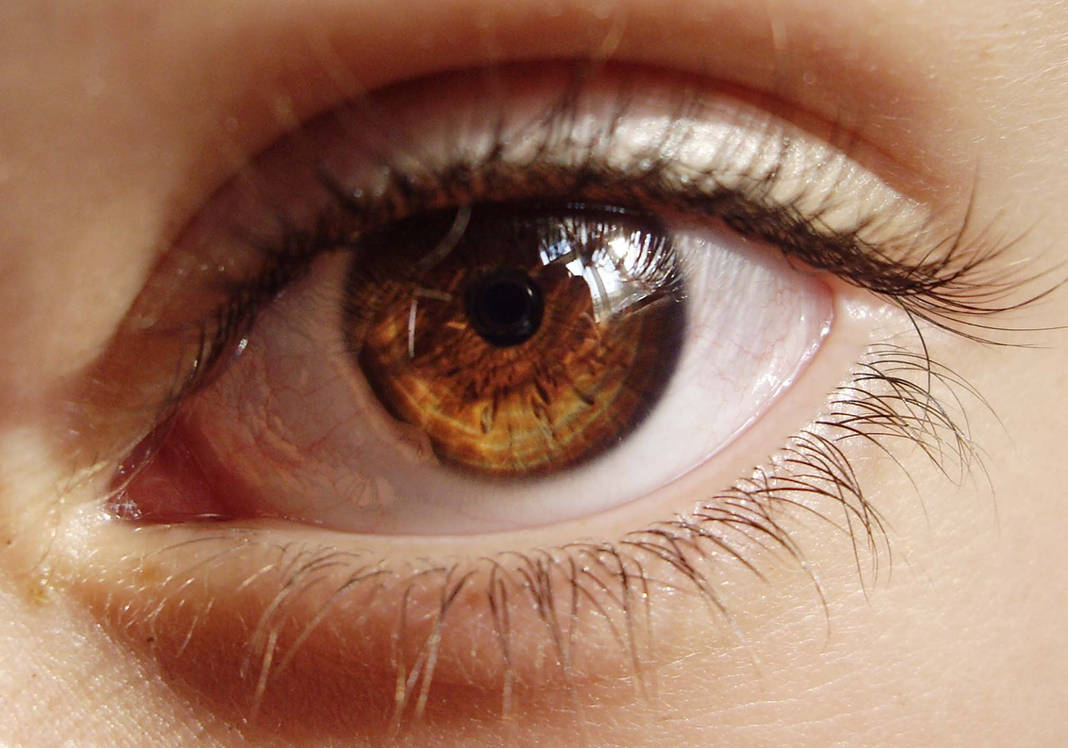
Upcoming Conferences and training courses
The Dizziness and Balance Workshop
BSNO - 17th November 2023
Imperial eye movement course - 16th November 2023
Queens Square Dizziness Course - June 2024
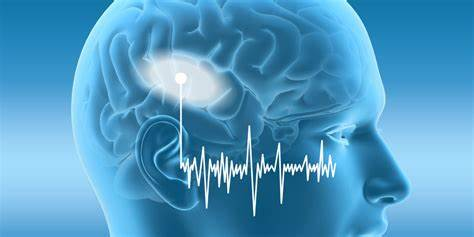
News
Test test
Recent Publications
Test test

Links
test test


=
Follow updates from the lab on Twitter:
@SENSAlabUK
Connect with us
Centre for Vestibular and Behavioural Neurosciences,
Department of Clinical and Motor Neurosciences
5th Floor, 33 Queen Square
London
WC1N 3BG
